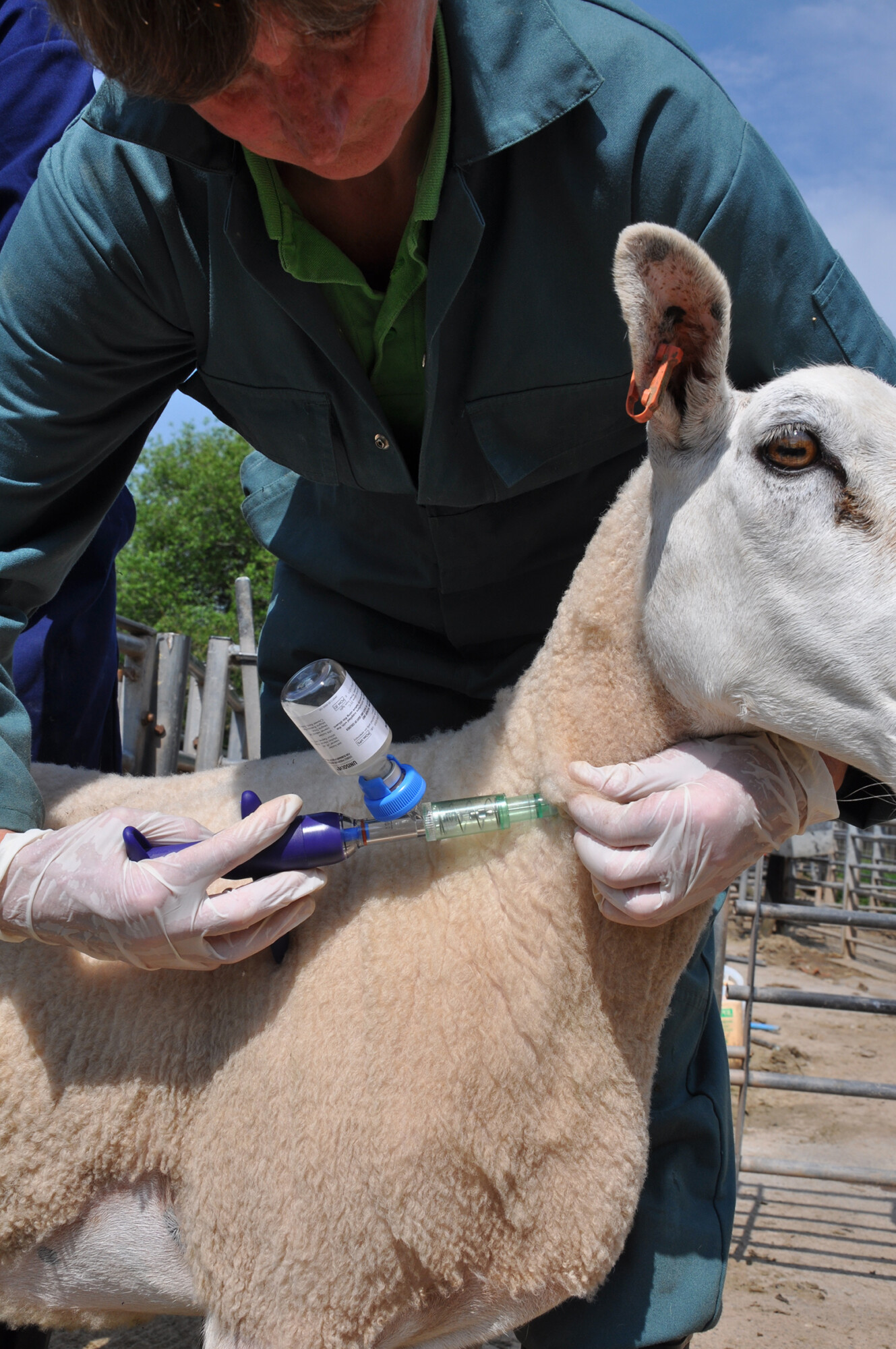Subsidised testing scheme available to ID early lamb loss causes
18th February 2022
MSD Animal Health has launched its 2022 FlockCheck diagnostic scheme, which allows sheep farmers in England, Scotland and Wales to ask their vet to blood test their flock for exposure to toxoplasmosis and enzootic abortion (EAE)
Ewe reproductive failure, neonatal lamb disease and mortality are the three biggest factors limiting better flock productivity1 – with toxoplasmosis and enzootic abortion continuing to be significant causes of these unwanted flock heath issues.
Sheep farmers that experience more than 2% of their flock barren or aborting this lambing season are being encouraged to contact their vet to take advantage of the subsidised diagnostic scheme. FlockCheck has been running for more than 15 years and is available from vets nationally.
“Farmers can take advantage of this subsidised scheme by asking their vet to take blood samples from six to eight aborted, unvaccinated ewes, or from barren ewes or ones that have produced weakly lambs,” explains MSD Animal Health veterinary adviser Dr Kat Baxter-Smith.
She adds that the blood test has proved to be an extremely useful flock diagnostic tool in terms of helping to identify the potential presence of any key underlying productivity limiting disease.
“Experience has shown that the results certainly help vets and their farmer clients make more informed decisions about appropriate flock health measures.”
Annual FlockCheck blood test results consistently show that the majority of aborted ewes tested have been exposed to either toxoplasmosis or EAE – and sometimes both. This is consistent with a recent APHA analysis showing that over recent years (2002 to 2019), EAE and toxoplasmosis have been the most common diagnoses of sheep abortion2.
According to Dr Kat Baxter-Smith, both these infectious disease causes of abortion can be responsible for reducing the number of lambs per ewes mated, which can increase workload and stress during lambing. Profit may also be reduced significantly2, she stresses, but using FlockCheck can help in improving a flock’s potential and overall economic performance.
“For example, toxoplasmosis, caused by infection with the Toxoplasma gondii parasite, does not just cause abortion. It is also the main infectious cause of early embryo loss in sheep and a very common cause of barren ewes or weak, sickly live lambs. It is likely that almost all flocks in Great Britain have been in contact with this endemic parasite, which means all breeding sheep should be considered at risk.”
Dr Baxter Smith also explains that one of the main reasons for such high levels of toxoplasmosis is that sheep can become infected very easily.
“Sheep pick up the toxoplasma parasite from the environment and so normal biosecurity measures are not enough to control the disease. Infected cats shed toxoplasma eggs in their faeces and sheep become infected when they ingest these eggs from contaminated pasture, feed and water. The eggs are tough and can survive in the environment for over a year, which means farmers need to take steps to protect their sheep.
“Fortunately, the disease can be controlled effectively by a simple vaccination regime. What’s more, the costs of a vaccination programme can be easily covered by a reduction3 in future flock barren and abortion rates. Every ewe should have been vaccinated before she breeds because of the widespread disease threat and the significant financial losses,” she says.
The subsidised FlockCheck diagnostic service allows vets to identify whether toxoplasmosis or EAE (or both) are likely to have been involved in any aborted lamb losses, barren ewes or numbers of weak, sickly lambs. This aids the decision for (and identifies the potential value of) pre-tupping vaccination programmes.
Farmers interested in taking advantage of the subsidised FlockCheck diagnostic service and reducing the risk of lower productivity should contact their local practice as soon as possible. This year’s FlockCheck scheme commenced on 1st February 2022 and runs until 30th June 2022.
For more livestock news, visit our website
- Poll of farmer delegates attending the on-line November 2020 Sheep Health & Welfare Advisory (SHAWG) Conference.
- Veterinary Record. 30th January 2020. Surveillance Focus: investigating abortions in small ruminants.
- Wright et al., In Practice, Apr 2014. Sheep health, welfare and production planning.

